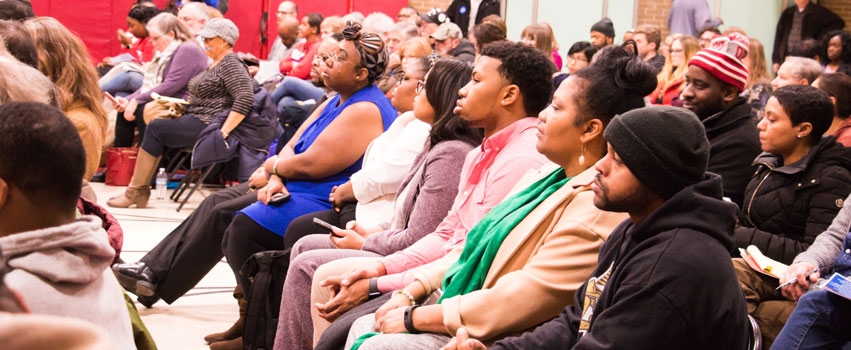Conducting a COVID-19 Response

As public health administrator during the past nine months of Peoria County’s COVID-19 response, the number-one comment I’ve often received is how well our community’s efforts have been toward aligning resources and responding to the pandemic in our area. That comment is often followed by a desire to know how this response has been accomplished.
The Orchestra Pit
The best way to explain it would be to visualize an orchestra pit with brass, strings, woodwinds and percussion sections. In the case of Peoria County’s pandemic response, the different sections of our “orchestra pit” include teams for operations, planning, logistics, communications, policy and finance. And while an orchestra’s string section includes violins and cellos, our “orchestra’s” operations section includes teams for public health/healthcare, housing, education, social services and first responders.
The structure of how we have been able to respond is based on the principles of emergency management, which include:
- the Incident Command Structure (the arrangement of musicians);
- the Incident Action Plan (the sheet music everyone is following); and
- the Emergency Operations Center (the conductor providing direction).
The Emergency Operations Center’s (EOC) role in our response is to coordinate and provide support to the “musicians,” which includes recognizing and addressing any gaps or changes in the operational picture. A great example of this was in the spring when area schools went to virtual education and remote classes. The EOC collaborated with the Peoria County Regional Office of Education to understand what challenges they had in providing education and supportive services to students. This included helping to find drivers, personal protective equipment, and even cleaning products.
And when the music changes—or in the case of COVID-19 as we moved to increased testing needs—the EOC turned its attention toward assisting in building up that capacity, working with community partners to find new test sites, and informing the public of those resources. But like a good conductor, the EOC still monitors and keeps an eye on the other sections at the same time.
Harmonized and Effective
While this process can seem daunting, here in Peoria County we have been training and practicing with our key partners for years. Through the Peoria City/County Health Department’s public health preparedness program and emergency management agency, we have been conducting preparedness exercises for a variety of potential disasters—including tornadoes and flooding, as well as novel viruses.
These exercise activities not only assisted in training our community partners in emergency management capabilities; they also helped foster the relationships and trust that are needed to work together effectively in a real-world event. At the end of the day, when all of these pieces are playing together, the public gets a harmonized and effective response. PM
Monica Hendrickson, MPH is public health administrator at the Peoria City/County Health Department.
